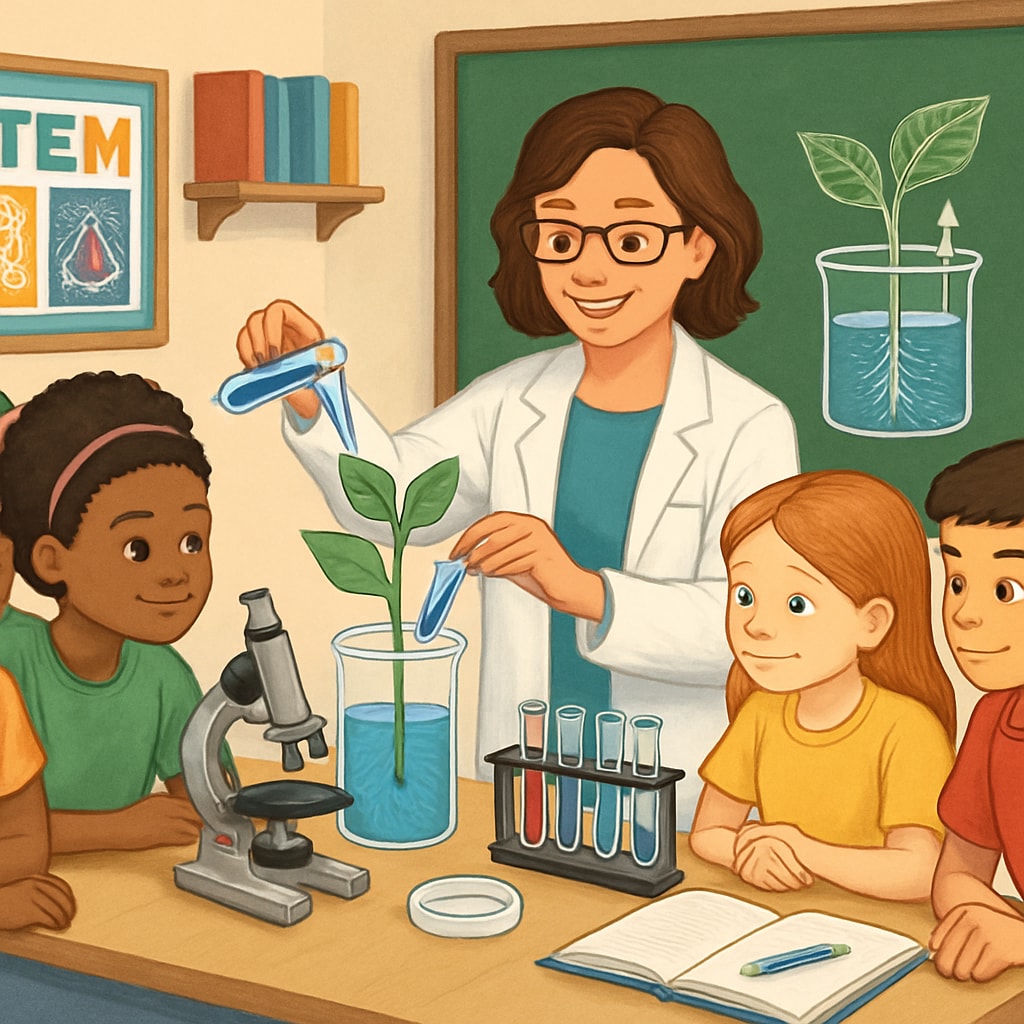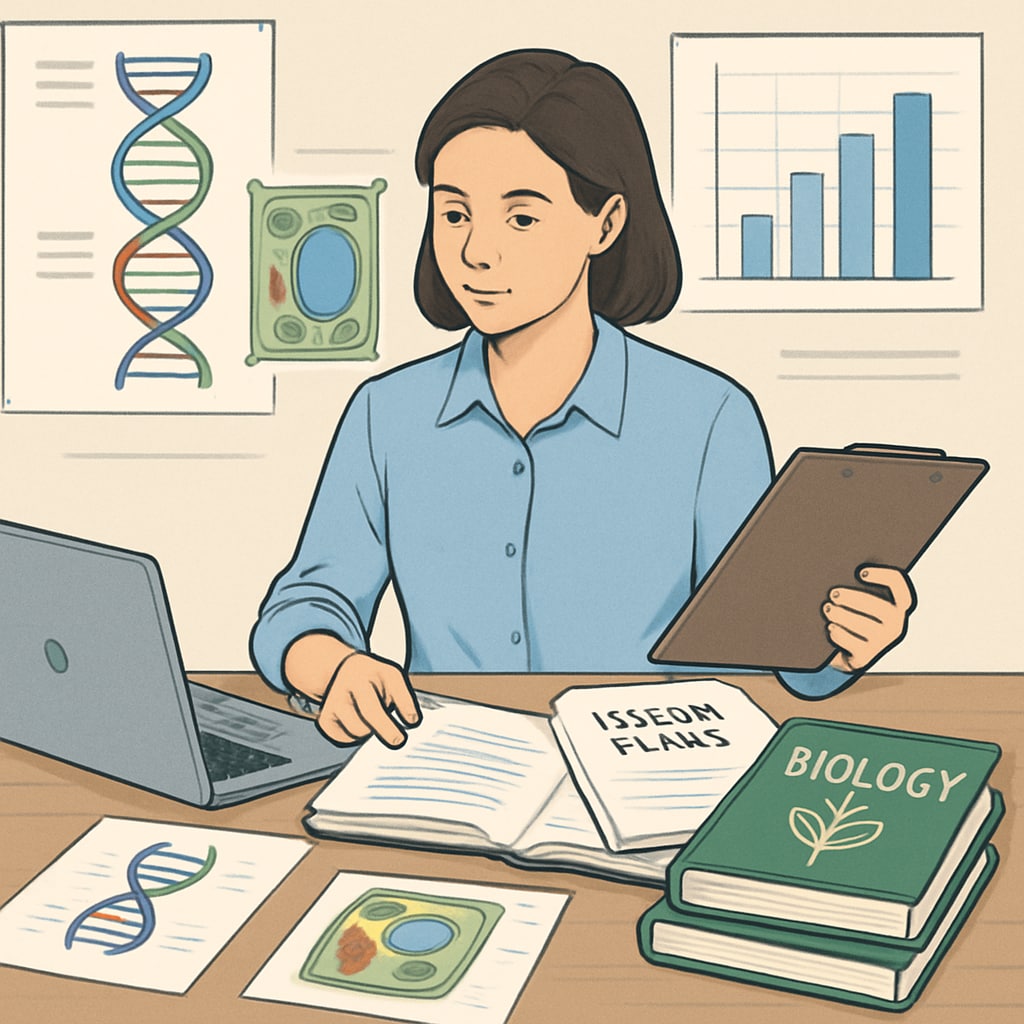Biology graduates who are considering a shift from research-focused careers to education often find themselves pondering the feasibility of such a transition. Combining your biology expertise with an Education Master’s degree can open doors to impactful teaching roles within K12 settings. This career move is not only possible but also deeply rewarding, as it allows biology professionals to inspire the next generation of scientists while addressing the growing demand for STEM educators worldwide.
Why Biology Graduates Are Well-Suited for Education Careers
Biology graduates possess a deep understanding of scientific principles, analytical thinking, and research methodologies. These skills align closely with the demands of modern K12 education, particularly in teaching science subjects. For example, their ability to break down complex concepts into digestible lessons can enrich classroom learning and foster critical thinking among students.
In addition, biology graduates are often adept at using experimental approaches to solve problems. This hands-on experience can be directly applied to creating interactive and engaging lessons that encourage students to learn through discovery. As STEM programs gain traction in schools, educators with specialized knowledge in biology are increasingly sought after.

Steps for Transitioning from Biology to Education
Making the leap from biology to teaching requires careful planning and a structured approach. Here are the key steps to ensure a smooth transition:
- Pursue an Education Master’s Degree: Most teaching positions require formal qualifications in education. Enrolling in a program designed for STEM professionals can help you bridge the gap between your biology background and classroom instruction.
- Gain Classroom Experience: Volunteer at schools or participate in tutoring programs to familiarize yourself with the teaching environment. Practical experience is invaluable when transitioning to a new career.
- Leverage Your Biology Expertise: Highlight your unique qualifications when applying for teaching roles, emphasizing your ability to bring real-world scientific knowledge into the classroom.
- Develop Communication Skills: Teaching requires clear and effective communication. Practice explaining complex ideas in simple terms to improve your ability to connect with students.
- Stay Updated on Education Trends: Familiarize yourself with modern teaching methods, such as inquiry-based learning and technology integration, which are increasingly prevalent in K12 education.

The Value of Cross-Disciplinary Skills
One of the most significant advantages of biology graduates entering education is their interdisciplinary skill set. Teachers with scientific backgrounds can offer unique perspectives, enriching traditional curriculums with real-world applications. For instance, a biology graduate can incorporate environmental science projects into lessons, allowing students to explore topics like sustainability and conservation.
Moreover, having professionals with diverse experiences in education can help bridge gaps between academia and practical knowledge. This approach not only benefits students but also enhances the overall quality of science education, making it more relevant and engaging.
Challenges to Consider
While transitioning into education is feasible for biology graduates, it is not without its challenges. For example, adapting to the demands of teaching, such as managing classroom dynamics and addressing diverse learning needs, can be a steep learning curve. Additionally, pursuing additional qualifications, such as an Education Master’s degree, requires time and financial investment.
However, these challenges can be mitigated by leveraging support networks, such as mentorship programs, professional development workshops, and collaboration with experienced educators. By preparing adequately, biology graduates can overcome obstacles and thrive in their new roles.
Conclusion
The transition from biology to education is not only achievable but also beneficial for both professionals and students. By combining scientific expertise with teaching skills, biology graduates can make a meaningful impact in K12 classrooms, addressing the critical need for STEM educators. With proper planning and dedication, this career path can lead to a fulfilling professional journey.
Whether you’re a recent graduate or a seasoned biologist seeking a career change, the education field offers a unique opportunity to share your passion for science while shaping the minds of future generations.
Learn more about the importance of STEM education on Wikipedia.


